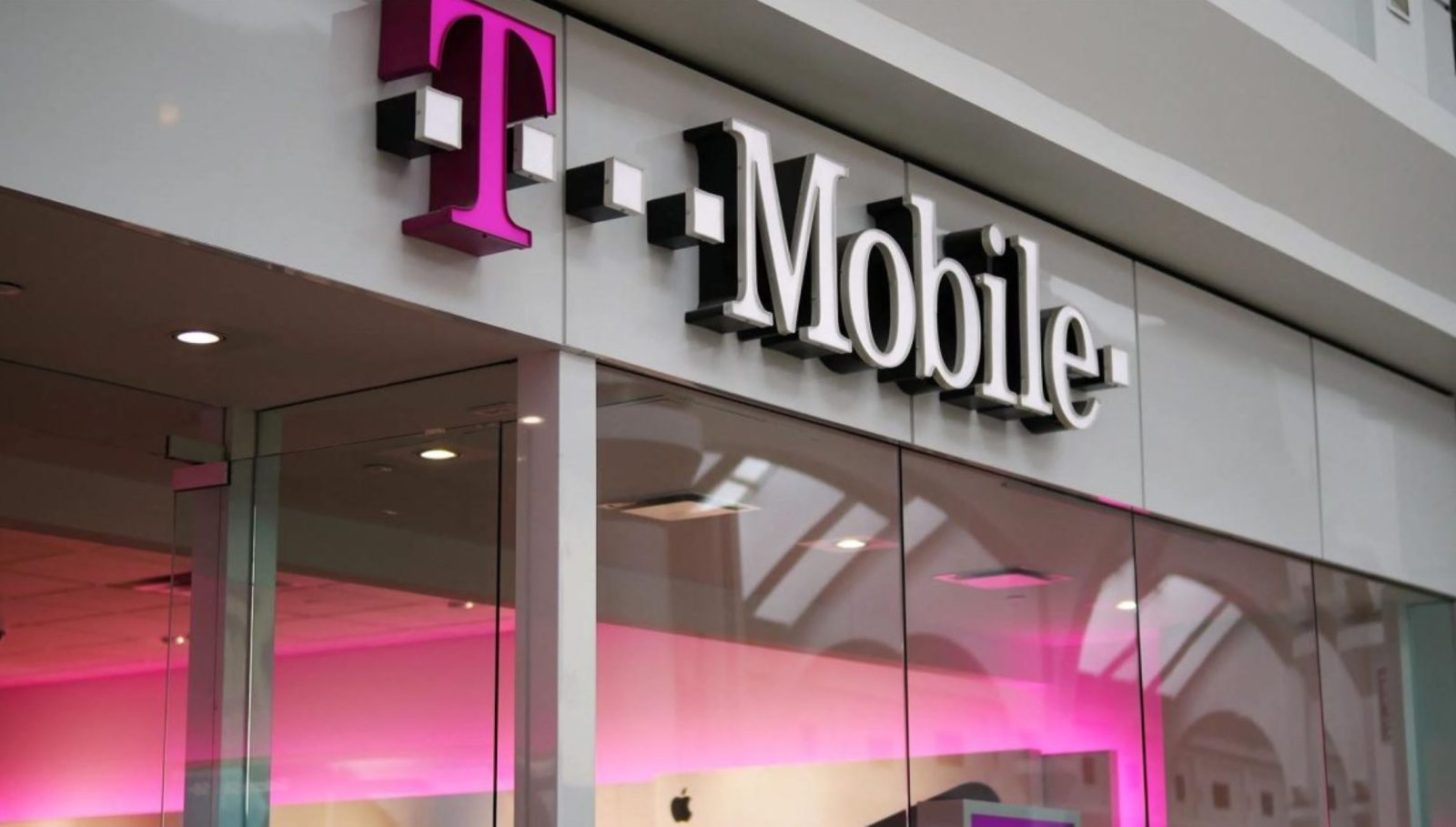The new iPhone 17 lineup is officially available today, and users are eagerly awaiting their hands-on experience. While some placed their orders online, others headed straight to Apple stores or authorized resellers to get the new models. T-Mobile, being an official carrier for iPhone sales and financing and a legitimate Apple supplier, is a popular choice for many looking to purchase their phones.
However, a recent incident at a T-Mobile store has sparked backlash after a user was allegedly denied the purchase of an iPhone 17 Pro unless they agreed to buy an Apple Watch as part of a bundle requirement.
### T-Mobile Store Sparks Backlash Over iPhone 17 Pro Sale Restrictions
While T-Mobile stores have occasionally faced criticism for questionable sales tactics aimed at meeting employee targets, such practices usually involve the carrier’s own products and services. This recent customer experience, shared on Reddit, is raising eyebrows due to its unusual nature.
The Reddit user claimed that a T-Mobile store refused to sell them the iPhone 17 Pro unless they also purchased an Apple Watch. What made this incident even more perplexing was that the sales representative acknowledged that the exact iPhone 17 Pro model, with the required specifications, was available. Despite this, the purchase would not proceed without the bundle condition being met.
Unsurprisingly, the customer left the store feeling dismayed. Others who witnessed the interaction reportedly left the T-Mobile location as well, frustrated by what they saw as unreasonable purchasing conditions.
### Accessories Should Not Be Mandatory
Accessories like the Apple Watch are meant to be optional add-ons. The choice to purchase them alongside a phone should always lie solely with the customer. Making accessories a mandatory purchase condition for buying a phone is unusual and widely seen as inappropriate.
While this incident might be isolated, it highlights a larger problem: aggressive sales tactics pushing accessories can irritate and alienate customers.
### Why Would T-Mobile Do This?
From a business perspective, T-Mobile’s push to bundle wearables with phone sales could be a strategy aimed at generating recurring revenue streams. Wearable devices often carry higher profit margins, making them attractive upsells for carriers.
However, from an ethical standpoint, such tactics are questionable. Customers should have the freedom to decide what they want to buy without feeling coerced. Forcing bundles may backfire, causing customers to walk away without making any purchase at all, potentially damaging the carrier’s reputation.
### The Impact on Employees and Customer Relations
T-Mobile’s ongoing drive to meet ambitious sales goals puts immense pressure on store employees. To boost numbers, some may resort to sales techniques that prioritize short-term gains over customer satisfaction.
While this might improve sales figures briefly, it is unlikely to foster the kind of long-term relationships carriers need to thrive. For sustainable success, carriers like T-Mobile should focus on building customer trust rather than just hitting sales targets.
### Final Thoughts
Customers today are more informed and have higher expectations about their purchasing experience. Transparency and respect for consumer choice should be the foundation of sales practices. Hopefully, incidents like this one serve as a wake-up call, encouraging carriers to adopt fairer, customer-first sales strategies moving forward.
https://wccftech.com/t-mobile-sparks-outrage-after-refusing-to-sell-iphone-17-pro-unless-customer-agreed-to-buy-apple-watch-in-forced-bundle-deal/



